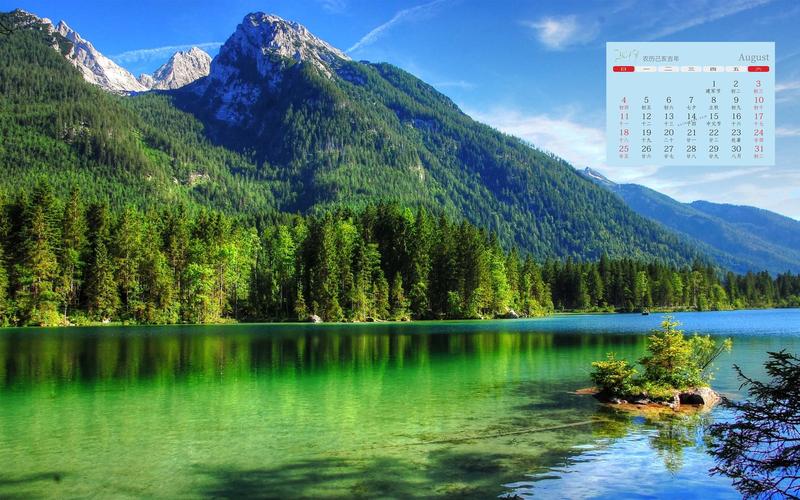Introduction
Our cultural heritage represents the wealth of humanity, from art, literature, music, and dance to architecture, religion, and traditions. It’s a tangible and intangible legacy passed down from generation to generation, reflecting our identity, beliefs, and values. In a fast-paced world where globalization and modernization are transforming cultures, discovering the meaning behind our cultural heritage has become more critical than ever. This article explores the significance of our rich cultural heritage, its benefits, and how we can preserve and celebrate it.
The Importance of Cultural Heritage
Cultural heritage is essential for several reasons. Firstly, it’s a source of national pride and identity. Our cultural heritage defines us as a community, conveying our origins, achievements, and struggles. It serves as a reminder of our ancestors’ bravery, creativity, and resilience. Secondly, cultural heritage fosters social cohesion and inclusiveness. By sharing our culture with others, we promote dialogue, understanding, and respect. It also contributes to our well-being by connecting us to our roots, enhancing our sense of belonging, and providing us with inspiration and joy.
The Benefits of Discovering our Cultural Heritage
Discovering our cultural heritage can bring numerous benefits, both for individuals and societies. By understanding the history and meaning behind our cultural practices, we can appreciate them better and transmit them more efficiently to future generations. Furthermore, it can enhance our creativity and innovation by inspiring us to integrate traditional knowledge and values with modern approaches. Moreover, it can promote sustainable development by leveraging our local strengths and resources to foster economic growth, environmental protection, and social well-being.
Preserving and Celebrating our Cultural Heritage
To preserve and celebrate our cultural heritage, we need collective efforts from all stakeholders. Governments, NGOs, private entities, and individuals should collaborate to promote cultural diversity, safeguard our cultural assets, and create sustainable tourism experiences. This includes investing in cultural education, maintaining historical sites and artifacts, supporting local artisans and performers, and using digital technologies to document and share our cultural heritage. We should also encourage intercultural exchanges and dialogue, promote cultural events and festivals, and respect the intellectual property rights of cultural creators.
Conclusion
Our cultural heritage is a precious asset, and discovering its meaning is essential for our well-being, growth, and development. By understanding and sharing our cultural heritage, we can connect with each other, express our values, and preserve our identity. It’s our responsibility to safeguard our cultural heritage and celebrate its diversity and richness. Only by doing so can we ensure a vibrant and sustainable future for all.
(Note: Do you have knowledge or insights to share? Unlock new opportunities and expand your reach by joining our authors team. Click Registration to join us and share your expertise with our readers.)
Speech tips:
Please note that any statements involving politics will not be approved.
